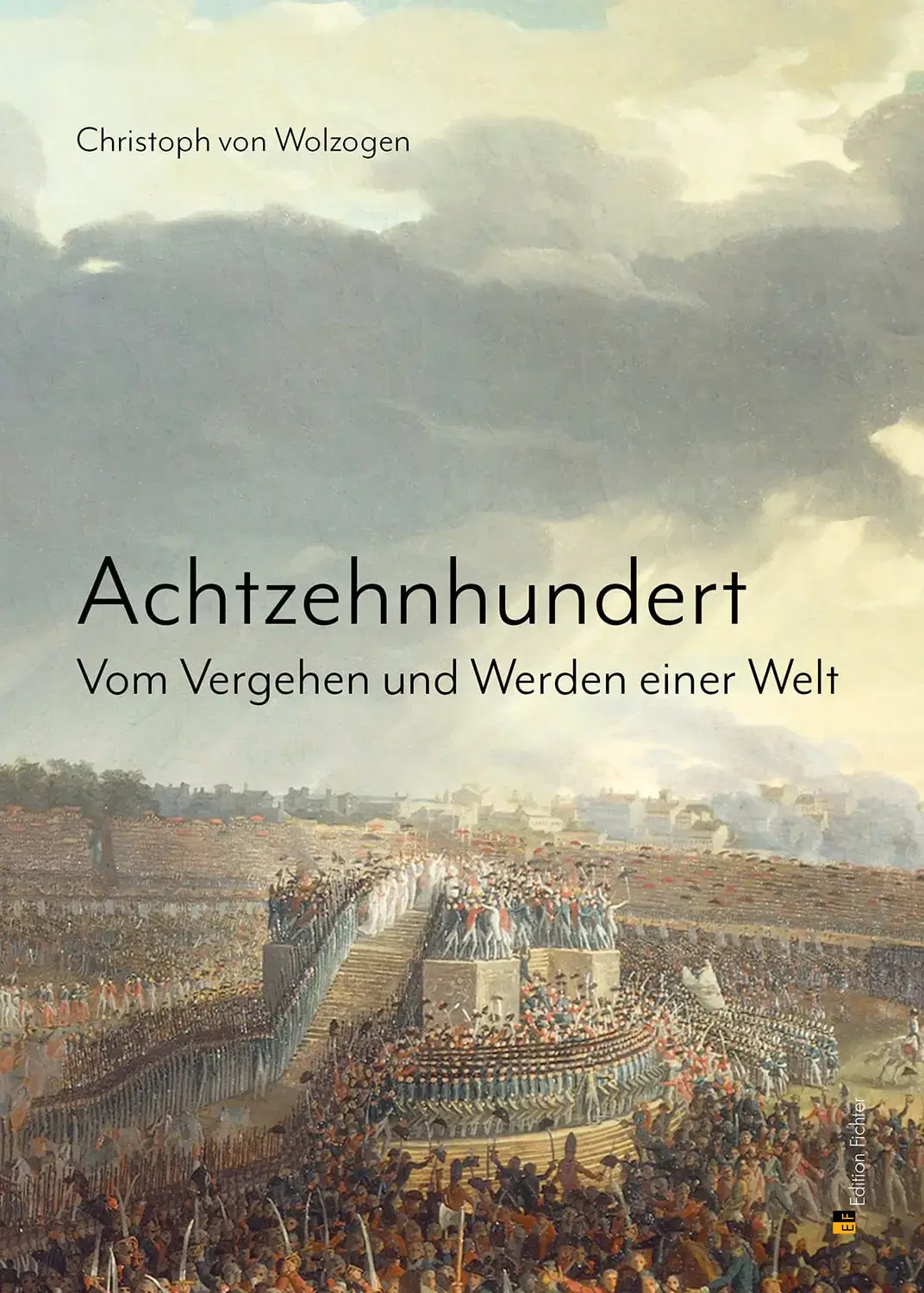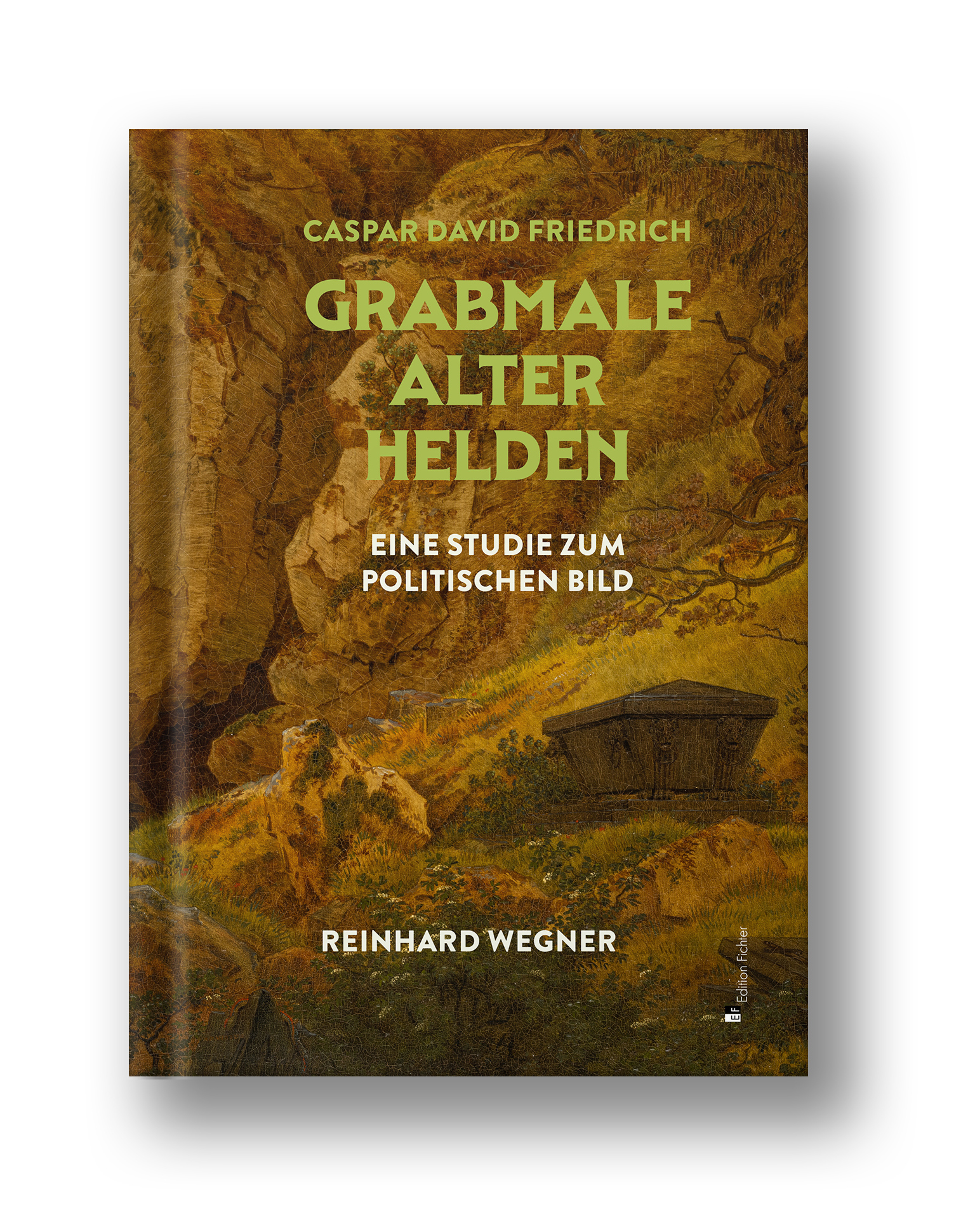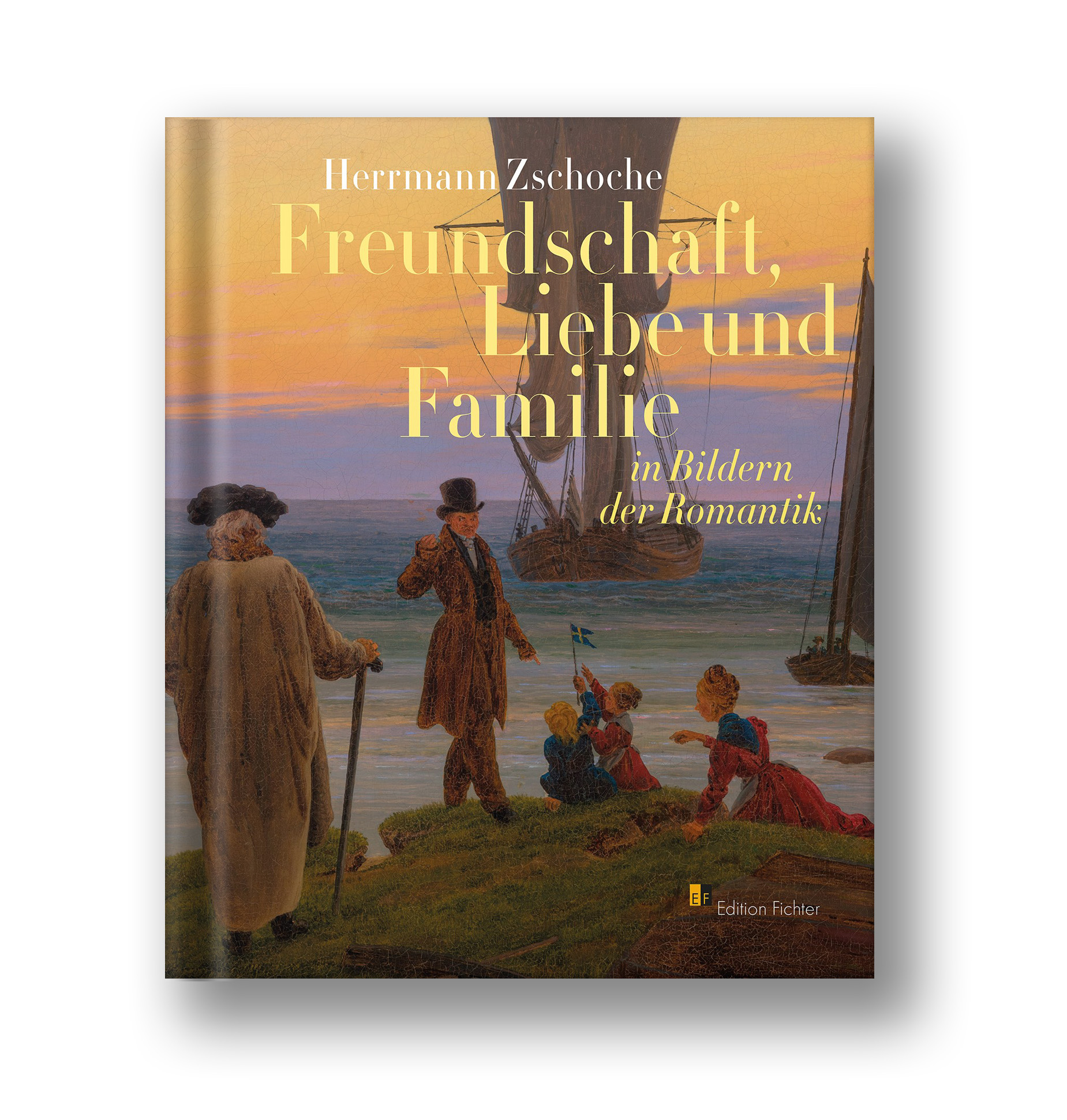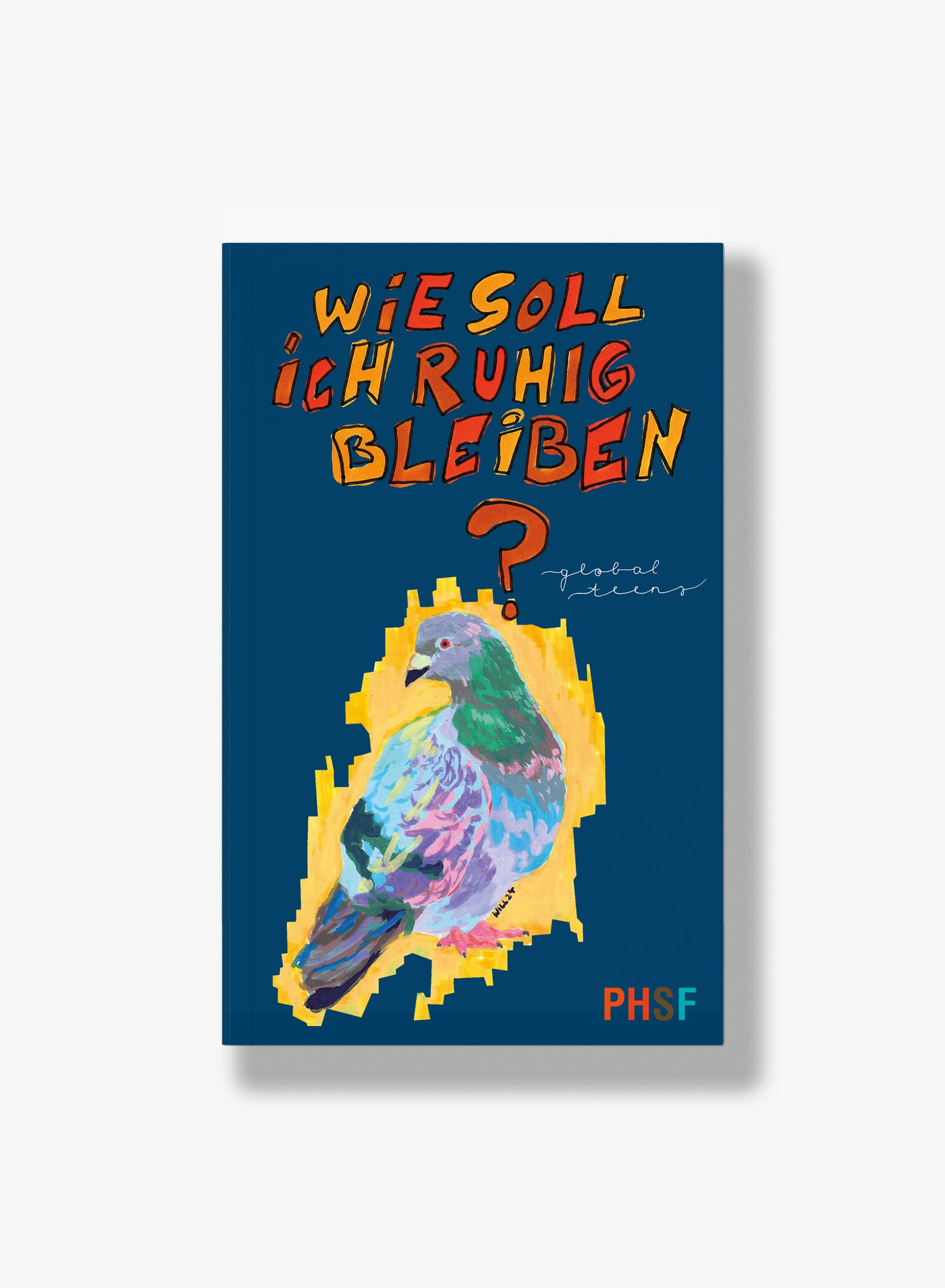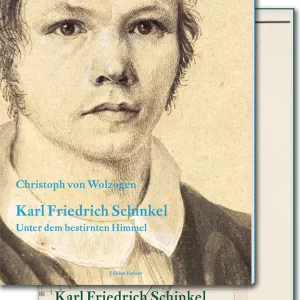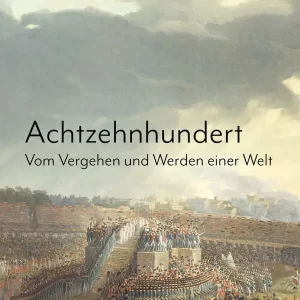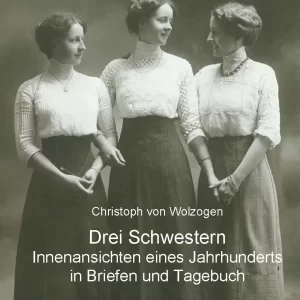Description
The eighteen hundreds: The transition from a bloody century to modernity; from a revolution in the way of thinking to the implementation of human rights. This progress has been described many times, but less so its costs and the world that perished in the process. Has not Rousseau's vision of a perfect harmony between the tyranny of a rational state and the needs of human beings as natural beings been fulfilled? But Rousseau and his 'dark' brothers (de Sade, de Maistre and La Mettrie) also knew that man is a clair-obscure, sensual-thinking being, whose depth they plumbed without reaching its limits. In his essay, Christoph v. Wolzogen traces the fine and subtle fault lines that separate the 18th century from the modern age, but which also form the image of man with his peak views and abysses into a whole.
About the author
Christoph v. Wolzogen is Adjunct Professor of Philosophy at the
Goethe University Frankfurt am Main. His most recent publications include the two-volume biography Karl Friedrich Schinkel - Unter dem bestirnten Himmel (2016 Edition Fichter, Frankfurt am Main) and a study edition of Emmanuel Levinas - Denken bis zum Äußersten (2017 Verlag Karl Alber, Freiburg i. Br.).
Facts
- Edition Fichter, Frankfurt am Main 2017
- Softcover
- 120 pages with 17 illustrations
- 15 x 20 cm
- 0.4 kg
- ISBN: 978-3-947313-02-0
Keywords
History; Revolution; around 1800; Upheaval; Romanticism;
Additional information
| Weight | 0.4 kg |
|---|---|
| Publisher | |
| Year | |
| ISBN | |
| Pages | |
| Illustrations | |
| Binding | |
| Weight | |
| Size | |
| Author(s) | |
| Publication date | October 19, 2017 |

